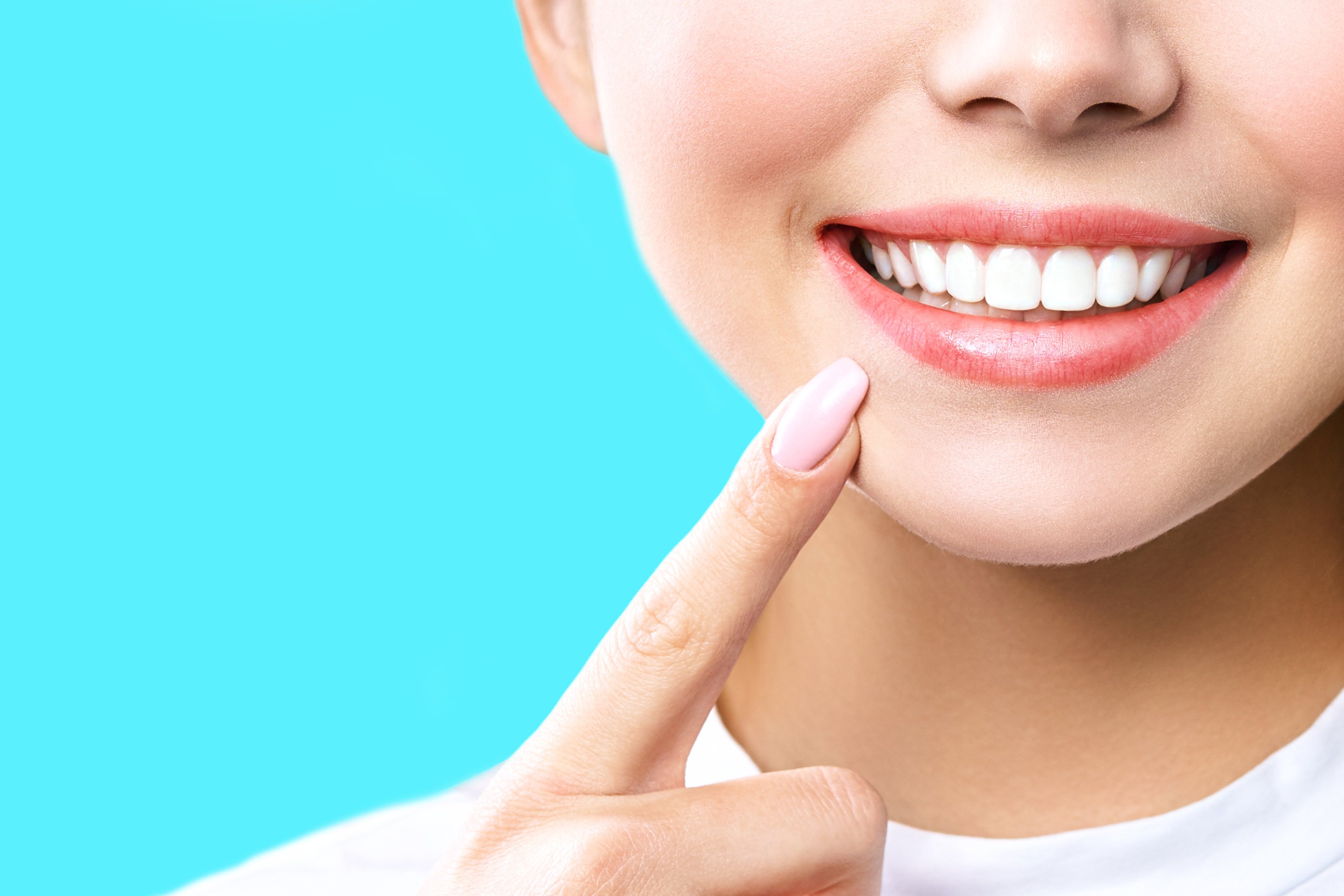How Good Dental Hygiene Can Help Prevent Oral Cancer

Summarize with AI
When it comes to oral hygiene, most people focus on avoiding cavities and eliminating bad breath. However, good oral hygiene can also play an important role in preventing oral cancer. Keep reading to learn more about the causes and symptoms of oral cancer, as well as the role of good oral hygiene in reducing your risk.
What Causes Oral Cancer?
This year, an estimated 53,000 people will be diagnosed with oral cancer in the United States. Oral cancer occurs when the cells on your lips or inside your mouth develop mutations in their DNA. These mutations cause certain cells to abnormally grow and spread when otherwise healthy cells would die. Over time, these abnormal cells cause damage to the surrounding tissues. Although there are no known causes of oral cancer, there are several known risk factors:
- Smoking or using tobacco products: Using tobacco products, including cigarettes, cigars, and chewing tobacco, increases your risk of developing head and neck cancers. 85% of head and neck cancer is linked to tobacco use.
- Excessive alcohol consumption: Frequent and heavy consumption of alcohol increases your risk of head and neck cancer. Using alcohol and tobacco together increases your risk of developing oral cancer more than using either one alone.
- Excessive sun exposure: Prolonged sun exposure is linked to cancer in the lip area. To reduce your risk, minimize your exposure to harmful ultraviolet (UV) radiation.
- Human papillomavirus (HPV): Infection with the HPV virus is a risk factor for oropharyngeal cancer. The Centers for Disease Control and Prevention recommends HPV vaccination for all preteen boys and girls.
Over 25% of oral cancers occur in people who do not smoke and only drink occasionally. Oral cancer can be life threatening if left untreated. Regular examinations by a dentist are essential in detecting oral cavity cancer at an early stage.
Symptoms of Oral Cancer
If you have any of the following symptoms for more than two weeks, schedule an appointment with your doctor or dentist:
- Lip or mouth sores
- White or reddish patch inside your mouth
- Slow-growing lumps inside your mouth
- Persistent ear or mouth pain
- Difficulty chewing, swallowing, or speaking
As part of your routine dental examination, your dentist will conduct an oral cancer screening exam. During this examination, your dentist may feel for lumps or irregular changes in your neck, head, face, and oral cavity. He or she will be able to identify the symptoms mentioned above and inform you of treatment options.
How Good Oral Hygiene Lowers Your Risk
Poor oral hygiene, which can lead to missing teeth, bleeding gums, and chronic bacterial infections, is also linked to an increased risk of oral cancer. While there’s no proven way to prevent mouth cancer, limiting high-risk behaviors, maintaining a healthy diet, and staying on top of your oral hygiene routine will help keep your mouth healthy.
How to Practice Good Oral Hygiene
Your smile and overall health rely on a good oral hygiene routine. Follow these steps to prevent gum disease and oral health problems:
- Brush your teeth twice a day: Consider using an electric or battery-operated toothbrush to improve your ability to brush effectively. Brushing twice a day can prevent gum disease while keeping your tooth surfaces clean.
- Floss once a day: Flossing helps reach bacteria in the tight spaces between your teeth. When you floss, use gentle up-and-down motion between your teeth.
- Use a mouthwash containing fluoride: The fluoride rinse protects the enamel coating of your teeth, reducing your risk of developing cavities.
- Visit your dentist twice a year: Early detection and treatment of problems will ensure that your gums, teeth, and mouth stay healthy.
Getting Screened
Since oral cancer can spread quickly, early detection is the most effective way to reduce mortality in cases of early cancer. Regular dental check-ups that include an exam of the entire mouth can help identify early symptoms. To learn more about oral cancer examination and risk assessment, schedule an appointment with your dentist.


%20(1).jpeg)